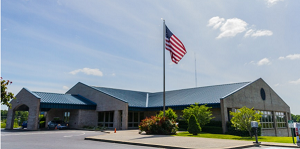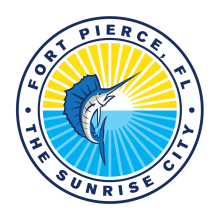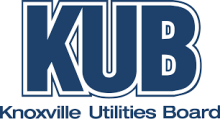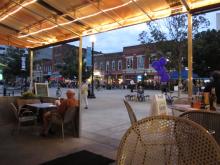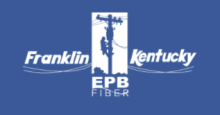Building a Superior Network Together - Episode 612 of the Community Broadband Bits Podcast

In this episode of the podcast, Chris speaks with Stephanie Becken, the Broadband Manager for the City of Superior, Wisconsin. Stephanie shares her journey from moving to Superior to becoming a key figure in the Connect Superior initiative, a project aimed at improving broadband access in the city and surrounding areas.
They discuss the unique qualities of Superior, a city of 26,000 people located on the shores of Lake Superior, and the challenges and opportunities that come with expanding broadband in a region with such a large footprint. Stephanie explains the phased approach to building an open access fiber network, the city's recent formation of a broadband utility, and the collaboration with local and regional service providers.
The conversation also touches on the importance of connectivity for local businesses, residents, and essential services, and the excitement surrounding the initial phase of fiber installation. Stephanie expresses her enthusiasm for the project's potential to transform the community and looks forward to a future where reliable, high-quality internet is the norm for all Superior residents.
Tune in to hear more about this inspiring local initiative and the drive to bring top-notch connectivity to the people of Superior.
This show is 24 minutes long and can be played on this page or via Apple Podcasts or the tool of your choice using this feed.
Transcript below.
We want your feedback and suggestions for the show-please e-mail us or leave a comment below.
Listen to other episodes or view all episodes in our index. See other podcasts from the Institute for Local Self-Reliance.
Thanks to Arne Huseby for the music. The song is Warm Duck Shuffle and is licensed under a Creative Commons Attribution (3.0) license




